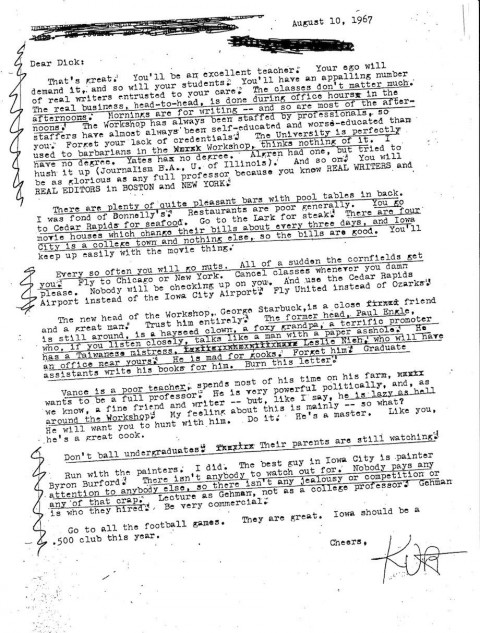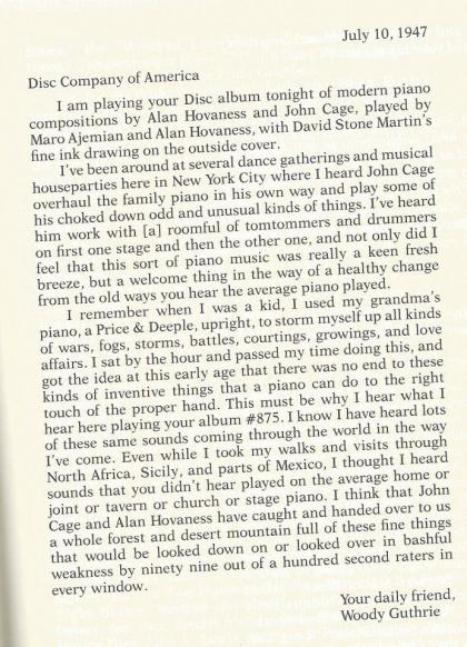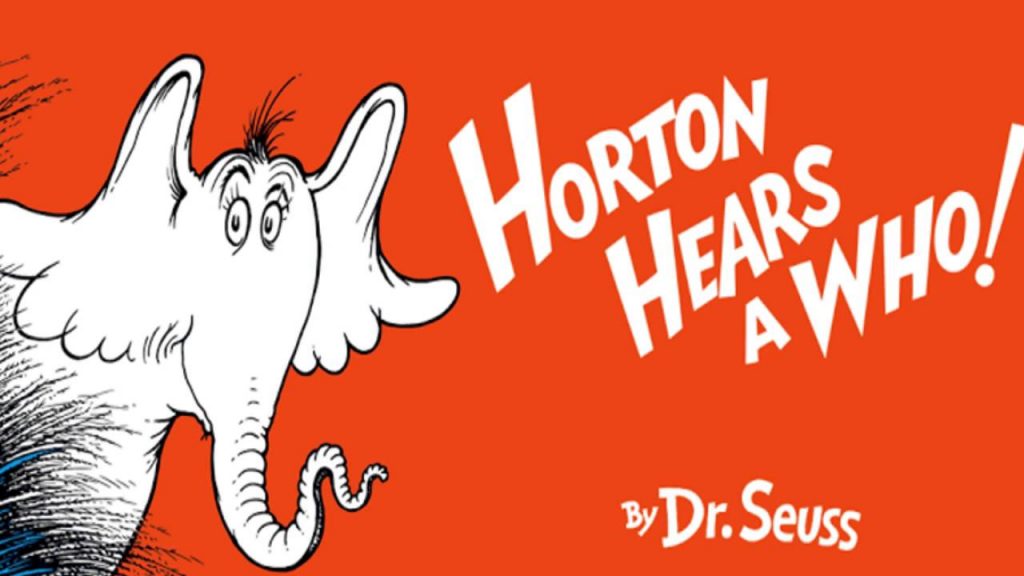While Scottish physician and author Arthur Conan Doyle died in 1930, he seems almost wholly of the nineteenth century: a trained scientist who fervently believed in “spiritualism” and fairies, and an accomplished and prolific writer whose most famous character—that most logical of detectives—had a cocaine addiction and more personal quirks than the average neurotic. Like Joseph Conrad, Doyle sailed–as a ship’s doctor–to European colonies in West Africa and found himself deeply affected by the brutal exploitation he encountered. And like Conrad, he seems to embody a turn-of-the-century Britishness poised between old and new worlds, when Victoria gave way to Edward and modernity limned the Empire. Although the age of film and of television have always embraced Sherlock Holmes, his creator belongs to the age of the novel. Nevertheless, he agreed to the 1927 interview above, possibly his only appearance on film. In the brief monologue, he discusses the two questions that he most received from curious fans and journalists: how he came to write the Sherlock Holmes stories and how he came to believe in “psychic matters.”
Doyle attributes the creation of Holmes to his scientific training, and to a keen irritation when reading detective stories whose protagonists stumbled on solutions by chance or narrative non sequitur. He also describes his admiration for a colleague’s impressive “deductive” abilities. What if, Conan Doyle reasoned, the detectives had the powers of a doctor? Oh, had he lived to see his premise flipped in House (and sue for royalties). Doyle also expresses his amusement at the credulity of his reading public, many of whom believed in the reality of Sherlock Holmes and Dr. Watson and who sent them regards and advice. At this point in the interview, Doyle turns to a subject upon which many thought him credulous: psychic and supernatural experience. He goes to some lengths to establish his bona fides, saying that he studied spiritualism for forty-one years and did not arrive at his ideas in haste. But Doyle was easily taken in by several hoaxes and insisted throughout his life that Harry Houdini possessed psychic powers, despite Houdini’s protests to the contrary. It seems this was one area in which Doyle’s reason failed him—in which he resembles the mystical Yeats more than the skeptical Watson and Holmes.
You can download free copies of The Adventures of Sherlock Holmes from our collections of Free Audio Books and Free eBooks. You can also find four adaptations of Sherlock Holmes in our collection of Free Movies Online.
Josh Jones is a doctoral candidate in English at Fordham University and a co-founder and former managing editor of Guernica / A Magazine of Arts and Politics.




